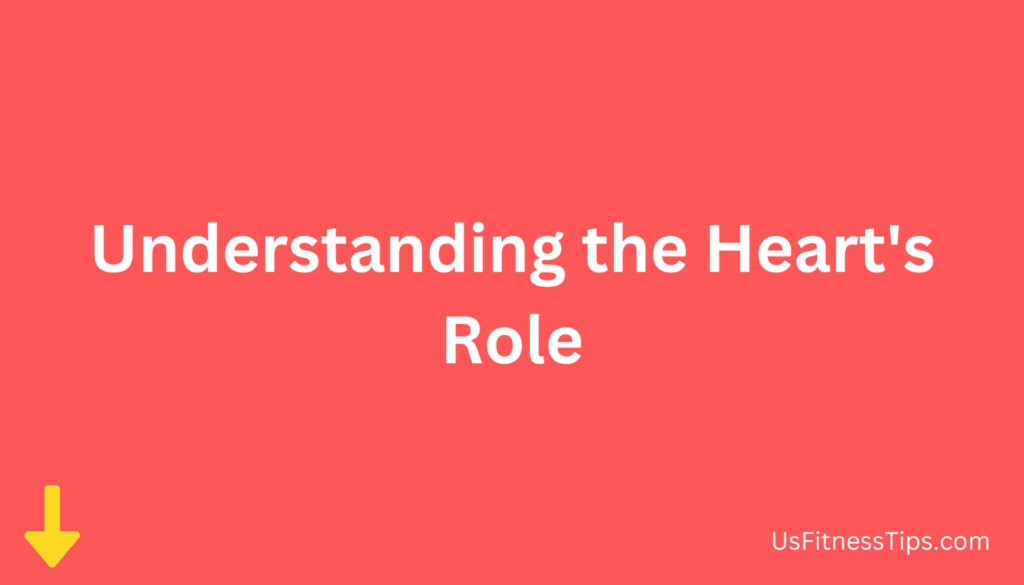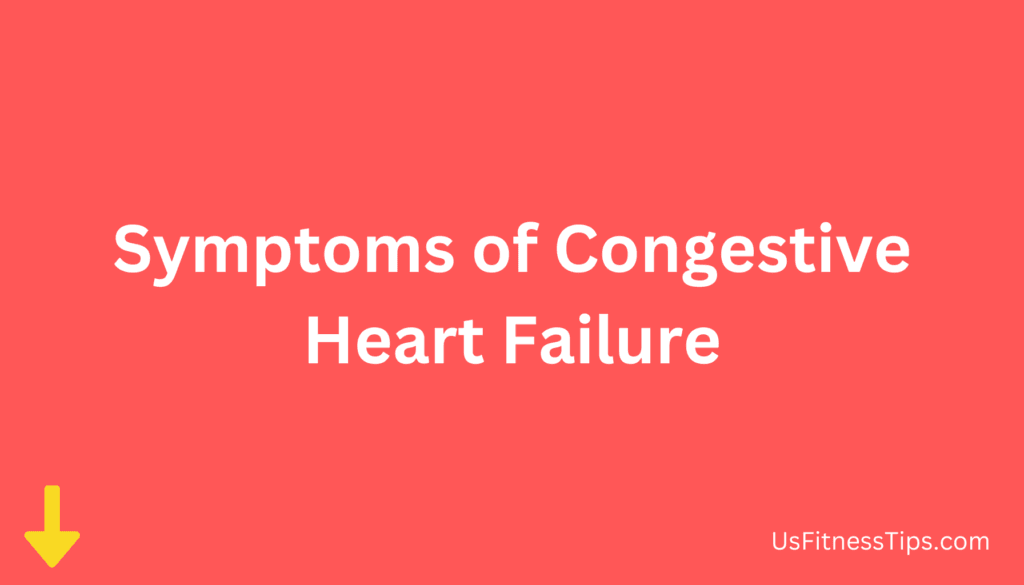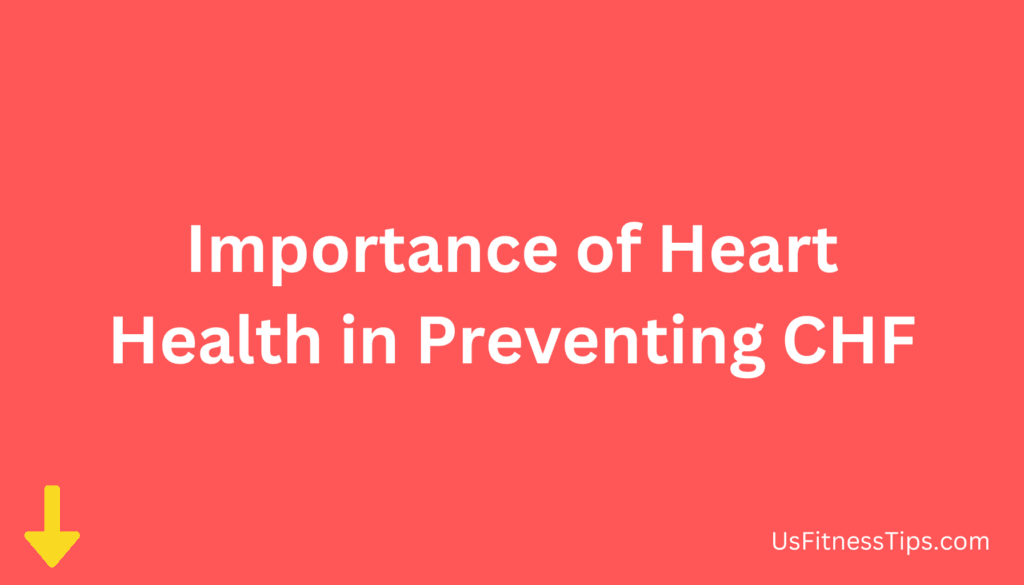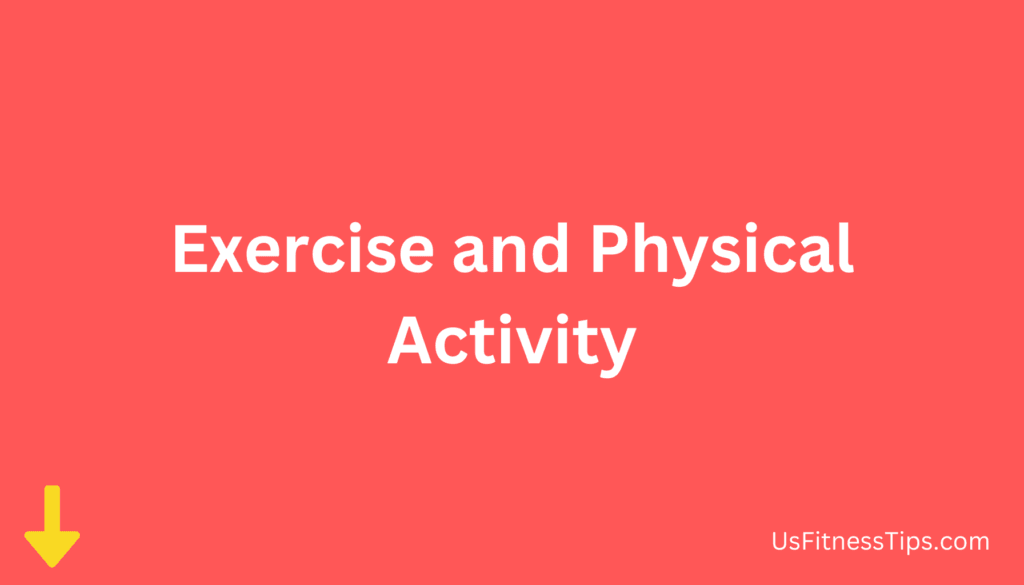Heart Health and Congestive Heart Failure are words we often hear, but many of us don’t really think they apply to us. We think our hearts are strong, built to keep us moving, laughing, and loving for years to come. But the truth is, heart health can slip through our fingers before we even realize it.
Congestive heart failure, a condition where the heart struggles to keep up, is more common than we think and it’s not just a problem for “someone else.” It affects millions of people, and it can impact anyone at any age.
The good news? It’s not too late to take charge of our heart health and protect the energy, joy, and life we cherish. So, let’s dive into what congestive heart failure is, how to protect our hearts, and steps we can take today to keep them strong.
Understanding the Heart’s Role

Let’s start with the basics. Your heart is an amazing, hard-working muscle that keeps your blood moving around your body. Picture it as a pump, constantly beating to push blood to your organs, muscles, and tissues. That’s how nutrients and oxygen travel to where they’re needed, helping you stay healthy and active.
When we talk about heart health, we’re talking about keeping this pump strong and efficient. A healthy heart means fewer risks of conditions like congestive heart failure, where the heart starts having trouble keeping up with the body’s needs. So, if we want to prevent issues down the line, we need to give our heart some TLC!
What is Congestive Heart Failure (CHF)?

Now, let’s dive into what congestive heart failure actually is. First off, it doesn’t mean your heart has failed entirely. Instead, it means your heart is having trouble pumping blood as well as it should. Sometimes it’s called “heart failure,” but “congestive” points to the extra fluid that can build up in your body, especially your lungs and legs.
There are a few types of congestive heart failure. You’ve got left-sided and right-sided heart failure, plus systolic and diastolic types. Each type has its own way of affecting how your heart works, but the common thread is that the heart’s just not quite keeping up with the demand. It’s important to understand this because knowing what’s going on with your heart can make treatment and lifestyle changes feel more manageable.
Symptoms of Congestive Heart Failure

So, what does congestive heart failure feel like? One of the big signs is shortness of breath, especially when you’re doing things like walking up stairs or even just lying down. Then there’s swelling in the legs or ankles that’s from fluid buildup, which can happen when the heart isn’t pumping as well.
You might feel tired more often, too. Fatigue is a common symptom because the heart isn’t delivering enough oxygen-rich blood to your muscles. If there’s a persistent cough or a wheezing feeling, it might also be a sign of fluid in the lungs. Recognizing these symptoms early and talking to a doctor can make a big difference in catching congestive heart failure sooner.
Causes and Risk Factors for CHF

There are a lot of things that can lead to congestive heart failure. High blood pressure is a common one because it makes your heart work harder than it should. Coronary artery disease, when your heart’s blood vessels are clogged or narrowed can also strain your heart. Diabetes, obesity, and an inactive lifestyle are other common risk factors.
Genetics and age play roles, too. Sometimes, congestive heart failure runs in families, so if you have a family history, it’s even more important to stay on top of heart health. The good news? There’s a lot you can control with lifestyle habits, which we’ll get into below.
Importance of Heart Health in Preventing CHF

It can’t be stressed enough maintaining heart health is key to preventing congestive heart failure. This means keeping an eye on your blood pressure, cholesterol, and blood sugar levels. Eating well, staying active, and managing stress are all important. And, if you smoke, think about quitting. Each of these things can help protect your heart and keep it working its best for longer.
One of the best ways to keep track of your heart health is with regular check-ups. This is especially true if you know you have risk factors. Catching issues early can make a huge difference, even if your heart is starting to struggle a bit.
Walking with Congestive Heart Failure: Safety Tips

If you already have congestive heart failure, the idea of walking 10,000 steps a day might seem daunting. But don’t worry, you don’t have to jump straight into it.
- Check with Your Doctor: Before you start any new exercise routine, it’s a good idea to talk to your doctor, especially if you have heart issues. They can help you set a realistic goal that suits your condition.
- Start Slow: It’s okay if you can’t reach 10,000 steps right away. Start with a goal of 5,000 steps or even just 2,000 steps, and work your way up from there.
- Listen to Your Body: Pay attention to how you feel. If you start to feel dizzy, short of breath, or extremely tired, take a break. It’s better to take it easy than to push too hard.
Dietary Tips for Heart Health

When it comes to what we eat, there are some foods that love your heart back. Think of leafy greens, berries, nuts, whole grains, and fatty fish like salmon. These foods give your body the nutrients it needs without stressing out your heart.
On the flip side, it’s smart to limit foods high in sodium, sugar, and trans fats. The Mediterranean diet and DASH diet are two popular eating plans that are great for heart health. They focus on whole foods and avoid the processed stuff that can harm your heart over time.
Exercise and Physical Activity

Exercise is like a power-up for your heart. It helps the heart get stronger and more efficient. You don’t have to run marathons even moderate activities like walking, cycling, or swimming can make a big difference.
For those who already have heart issues, it’s a good idea to check in with your doctor before starting something new. They can help set you up with a safe routine that boosts heart health without overdoing it.
Treatment Options for CHF

When it comes to treating congestive heart failure, there’s no one-size-fits-all answer. Many people start with lifestyle changes and medication to help their heart work better. Common medications include ACE inhibitors, beta-blockers, and diuretics, which help reduce fluid buildup.
In more serious cases, there may be options like pacemakers or implantable devices. These treatments help regulate the heart’s rhythm and keep things running smoothly. Sometimes, surgery may be required. Working with a medical team that understands your specific needs is the best way to manage CHF effectively.
Monitoring and Managing CHF

Managing congestive heart failure is a marathon, not a sprint. It’s important to keep an eye on symptoms like weight changes, blood pressure, and any swelling. Even small changes can be signs that you need to adjust your treatment.
Setting up a good relationship with your healthcare provider is really helpful. They can help you track these things and make sure you’re staying on top of your heart health. There are also apps and journals that can help you track symptoms and medications, which can make things easier day-to-day.
Mental Health and CHF

Living with congestive heart failure can sometimes feel heavy. The physical symptoms and lifestyle adjustments can add stress and even lead to feelings of sadness or frustration. That’s totally normal. Joining a support group or talking to a counselor can help a lot.
It’s also a great idea to connect with friends or family who can offer support. Remember, mental health is a part of overall heart health, and taking care of both can make a real difference in your quality of life.
Living Well with CHF

The goal with congestive heart failure is to manage symptoms and enjoy life as much as possible. There are simple ways to adapt, like conserving energy when you need to, planning rest breaks, and finding hobbies that bring joy without exhausting you.
Many people with CHF find that joining a cardiac rehab program helps. These programs are specially designed for people with heart conditions and teach you how to stay active, eat well, and handle stress. A good quality of life is totally possible with the right support.
Conclusion
When it comes to heart health, taking proactive steps can help prevent or manage congestive heart failure. Making small changes to your lifestyle, like eating well, staying active, and keeping up with medical checkups, can keep your heart strong and lower your risk. And remember, if you notice any signs or symptoms of heart trouble, don’t ignore them.




